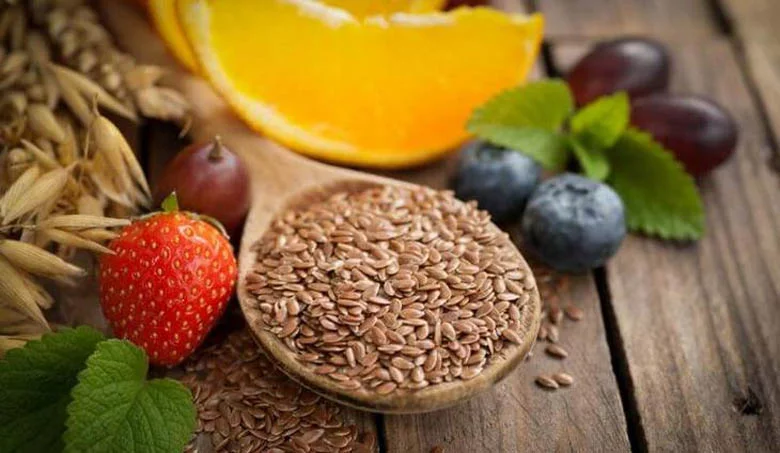How does eating affect the quality of sleep?

A new study by Japanese experts has shown that the composition of our diet directly affects the quality of sleep. Macronutrients - proteins, carbohydrates, fats and fiber - have the ability to improve or worsen sleep, so proper nutrition can be an effective tool for normalizing sleep.
Scientists from the International Institute of Integrative Sleep Medicine at the University of Tsukuba analyzed data from 4,825 people who used two mobile applications - Asken and Pokemon Sleep. The first allowed participants to track their eating habits, while the second recorded various parameters of their sleep. The participants were predominantly women (81.6%), with an average age of about 37 years. During the study, participants were required to use both applications for at least seven consecutive days.

The researchers studied the relationship between diet composition and sleep parameters: total duration, time to fall asleep, and frequency of nighttime awakenings. Particular attention was paid to the ratio of protein, fat, carbohydrates, fiber, sodium and potassium in the diet. Sleep data included total sleep time, sleep duration and percentage of time awake after sleep (%WASO), which is an important indicator of sleep efficiency.
The results showed that people who consumed more protein slept an average of 10-11 minutes longer than those who consumed less protein. At the same time, a high fat diet reduced sleep by 6-10 minutes. Carbohydrates, on the contrary, reduced %WASO, which indicated stable and uninterrupted sleep. Dietary fiber was also beneficial, and its consumption helped to increase sleep duration and accelerate the onset of sleep.

The ratio of sodium to potassium in the diet has a significant impact on sleep. People who consumed more sodium than potassium slept 6-11 minutes less, slept 1-2 minutes longer, and woke up more during the night. This suggests that excess salt, along with potassium deficiency, can negatively affect sleep quality.
Interestingly, the effects of fats on sleep varied. Monounsaturated fats increased sleep time by about five minutes and caused more nighttime awakenings. At the same time, polyunsaturated fats, which are found in fish, nuts, and sunflower seeds, reduced the total duration of sleep, but at the same time accelerated the onset of sleep and reduced the frequency of night awakenings.

Of course, not only nutrition affects a person's sleep, but also other factors - stress, drinking alcohol, smoking, working night shifts, and some chronic diseases can also affect the quality of sleep. However, in the future, scientists may develop dietary recommendations that will become an effective tool for improving sleep. Read “Zamin” on Telegram!
Ctrl
Enter
Found a mistake?
Select the phrase and press Ctrl+Enter 













